If you’ve ever scrubbed at a cloudy glass that never quite shines or battled soap scum that refuses to leave your shower walls, chances are you’ve felt the not-so-subtle effects of hard water. It sneaks into daily routines, from washing your hair to running your dishwasher, leaving behind traces of calcium and magnesium that just won’t quit. At some point, most homeowners get curious about water softeners—and that’s where the real journey begins.
But let’s be honest, shopping for a water softener isn’t like picking a new toaster. It’s a long-term decision that impacts the feel of your water, the lifespan of your plumbing, and even the way your skin feels after a shower. And with so many models on the market, it’s easy to feel overwhelmed. That’s why a grounded, straightforward look at the options can make all the difference.
Why a Water Softener Isn’t Just a Luxury
Some people see a water softener as optional, but if you live in an area with particularly hard water, it can feel like an essential upgrade. Hard water doesn’t just leave spots on your dishes; it quietly wears down your appliances and clogs your pipes over time. Washing machines, dishwashers, even the coffee maker—they all fight a losing battle against mineral buildup.
On the human side, the difference is surprisingly personal. Showers with softened water leave your skin smoother and your hair easier to manage. Soap lathers better. Towels come out of the wash softer. It’s not a gimmick—it’s chemistry working in your favor.
Starting with Comparisons Instead of Guesswork
Here’s where things can get tricky. Every manufacturer claims their unit is the best, every review seems to conflict with another, and the price differences can be staggering. That’s why diving into a best water softener comparison is such a useful starting point. Instead of getting lost in glossy marketing language, you see the actual differences—salt-based versus salt-free, regeneration cycles, grain capacity, and of course, the upfront versus long-term costs.
Comparisons also highlight what matters for your home size and water usage. A family of four with heavy laundry needs will require something sturdier than a single-person household. And those little details, like how easy it is to maintain or whether it uses electricity, suddenly become deciding factors when you look at models side by side.
The Quiet Giants: Top Rated Systems
Over time, a few systems keep rising to the surface of customer reviews and professional recommendations. They’re not always the flashiest, but they’ve earned reputations for reliability. These top rated water softener systems often balance efficiency with durability, meaning you’re not just solving your water problem for today—you’re protecting your investment for the next decade.
One thing you’ll notice is how these systems manage salt usage. Older models guzzled it, forcing constant refills. Modern systems are far more efficient, regenerating only when needed. It’s the difference between a unit that feels like a chore and one that blends seamlessly into your home life.
And while salt-based systems dominate for their effectiveness, salt-free alternatives are growing in popularity among eco-conscious households. They don’t technically “soften” the water in the chemical sense, but they do condition it to reduce scaling. For many, that’s good enough—especially if they’re wary of sodium use.
A Regional Lens: Pure Southern Water
Sometimes, it helps to zoom in on how water softener options compare regionally. For example, looking at a Pure Southern Water comparison gives you a sense of how local water conditions influence system performance. What works beautifully in Tennessee might not be the perfect fit for Arizona or Michigan. Hardness levels vary wildly, and that changes the equation.
Pure Southern Water has built its reputation on tailoring solutions to southern households, where groundwater mineral content tends to be high. By focusing on the needs of that specific region, they’ve created packages that balance power and practicality—without overcomplicating things. For anyone who doesn’t want to wade through endless online reviews, checking out what’s popular in their own community can be the shortcut to clarity.
Beyond Specs: Thinking About the Everyday
Numbers on a spec sheet are important, but living with a water softener is about more than capacity or flow rate. Ask yourself:
- How easy is it to refill or service?
- Is the display simple enough that you won’t dread adjusting it?
- What happens if the power goes out?
These practical questions often don’t get enough attention, yet they’ll determine whether your softener feels like a blessing or a burden.
It’s also worth thinking about where it’ll live in your home. Basements and garages are common spots, but not every unit handles extreme temperatures equally well. A little foresight saves a lot of headaches later.
The Bottom Line
Choosing a water softener doesn’t have to be stressful. It’s about weighing your needs, your budget, and your water’s unique characteristics. Comparisons and regional insights help, but at the end of the day, you want a system that quietly works in the background while you enjoy the benefits.

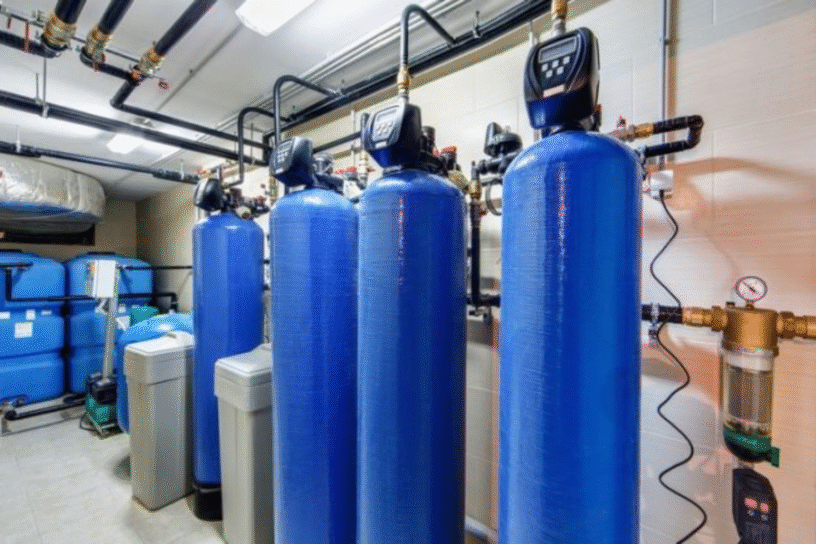
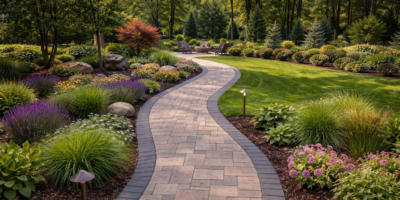
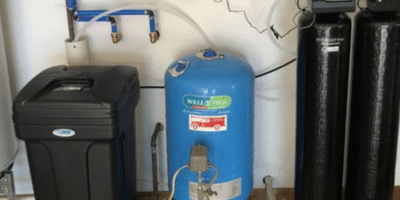
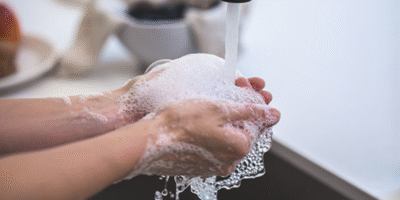

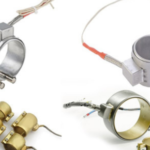
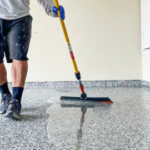


Leave a Reply
You must be logged in to post a comment.